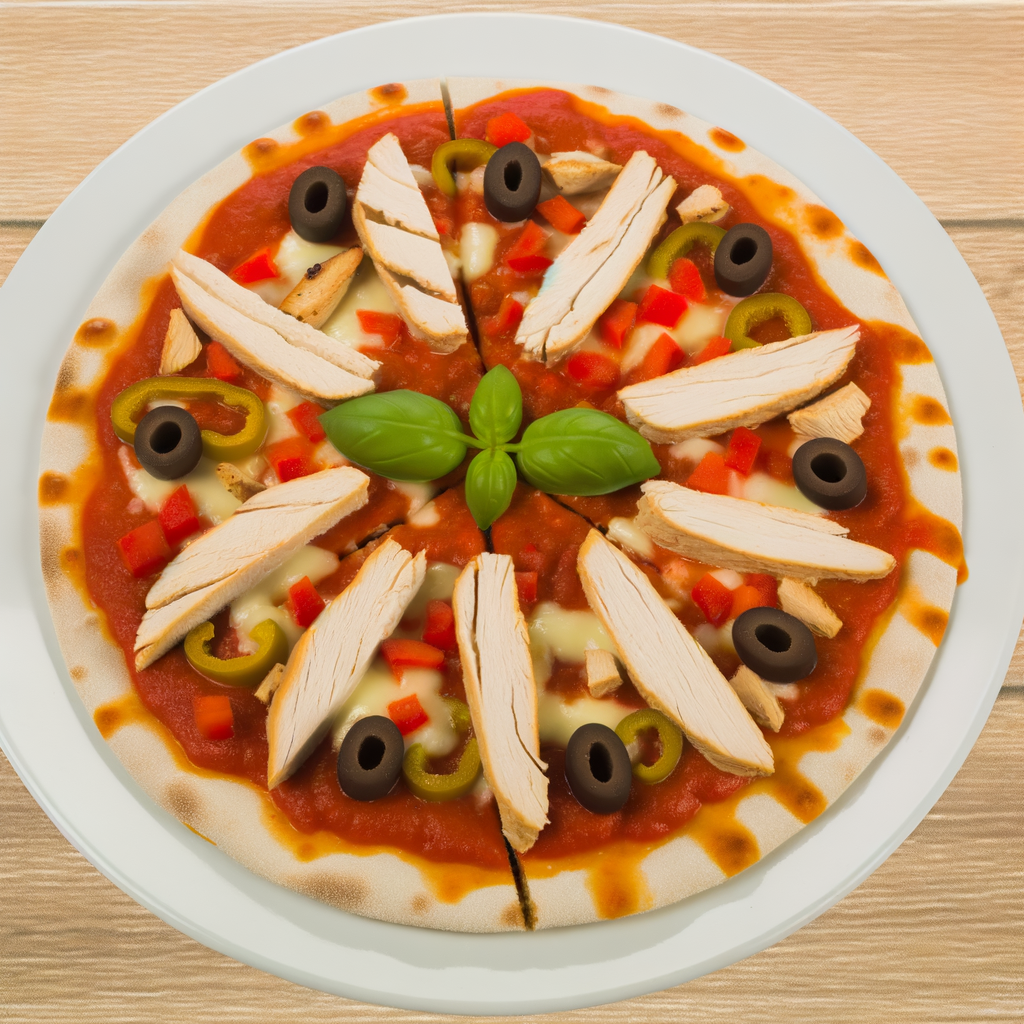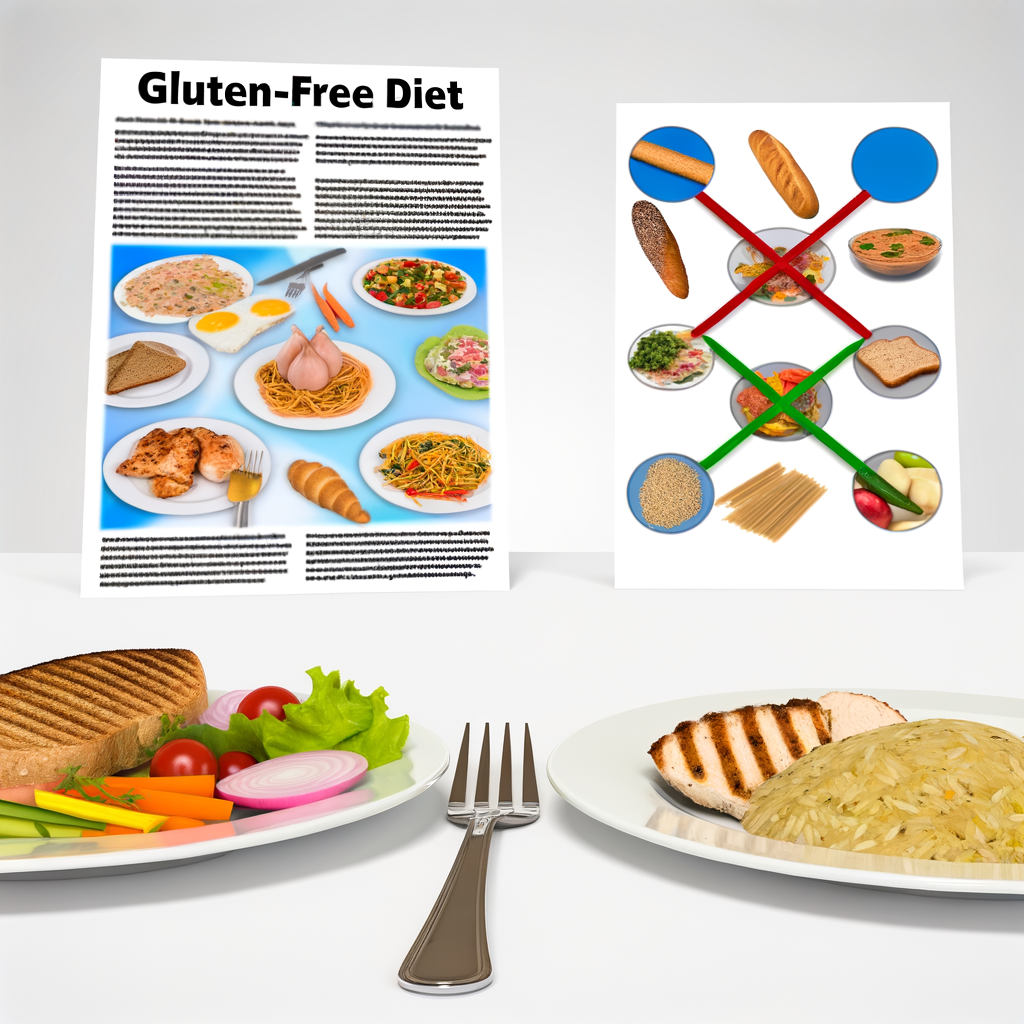In recent years, there has been a growing trend towards gluten-free diets in Europe. This dietary preference, once reserved for those with celiac disease, has now become a popular choice for many individuals looking to improve their overall health.
Gluten is a protein found in wheat, barley, and rye, which can cause digestive issues and inflammation in those who are sensitive to it. This is why many people are now choosing to eliminate it from their diets.
But what exactly does a gluten-free diet entail? It is not as simple as just avoiding bread and pasta. Gluten can also be found in processed foods, sauces, and even beer. This means careful label reading is necessary when following a gluten-free diet.
Luckily, there are many delicious and healthy options available that are naturally gluten-free. These include fruits, vegetables, lean meats, and gluten-free grains such as quinoa and rice. With a little creativity, you can still enjoy all your favorite dishes without sacrificing taste or nutrition.
However, it is important to note that a gluten-free diet is not suitable for everyone. It is always best to consult with a healthcare professional before making any major changes to your diet. They can help you determine if a gluten-free diet is right for you and provide guidance on how to properly follow it.
In conclusion, a gluten-free diet is a viable option for those looking to improve their overall health and well-being. With the right information and support, you can easily incorporate this dietary preference into your daily life and still enjoy delicious and satisfying meals.





